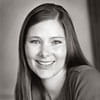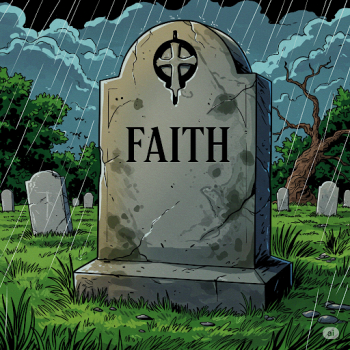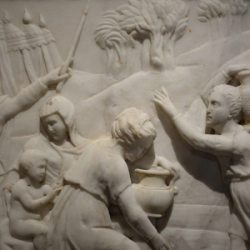 Last week, as diligent readers may recall, I offered in this space a thumbnail summary of Elder Oaks' remarks, delivered February 4 at Chapman University, on the status of religious practice and religious freedom in the American scene. I attempted to draw forward the elements of Oaks' argument, which relies on historical, philosophical, and sociological evidence, and to scry out the implicit relationships between those claims. I promised to look in more detail at some of his historical claims this week. It's time to deliver.
Last week, as diligent readers may recall, I offered in this space a thumbnail summary of Elder Oaks' remarks, delivered February 4 at Chapman University, on the status of religious practice and religious freedom in the American scene. I attempted to draw forward the elements of Oaks' argument, which relies on historical, philosophical, and sociological evidence, and to scry out the implicit relationships between those claims. I promised to look in more detail at some of his historical claims this week. It's time to deliver.
The picture Elder Oaks paints of American society—and not just of American society, but of Western or Westernized societies in general—is one in which religious voices are excluded from the great roundtable of public discussion, whether by thuggish intimidation in person or in the press or, perhaps more devastatingly, by the cold shoulder of legal reasoning. Thus dismissed, they are denied their full freedom of expression, yes, but more importantly prevented from exercising their influence on the legislative and cultural decisions that flow from public debate. Oaks is hardly a lone observer on these matters; similar arguments have been made by similar men, including the eminent legal scholars Michael McConnell, Stephen Carter, and Steven Smith among plenty of others. This is not a crackpot theory or the merely partisan special pleading of an embattled LDS church.
To the extent that these arguments rely on a temporal narrative of decline—that is, that religion once enjoyed pride of place or equal status in the public discussion that precedes and informs government action, but that for reasons of declining public religiosity or increasing moral relativism or whatever, religious voices are only now being excluded from the public debates that matter—they misread the history of ideas behind the liberal-enlightenment project that has defined Western society, in part anyway, for 300 years.
Oaks' argument implies an ideal "public square open to . . . all good-faith views," in which all discourses are invited to add to "to the text and tenor of public debate." This vision is directly descended from the enlightenment epistemology that informs, to single out one instance among many, John Stuart Mill's On Liberty. Mill argues vigorously that it is the function of public debate gradually to winnow a welter of opinion down to the kernel of truth around which consensus can be built, and this can be accomplished only "by hearing what can be said about it by persons of every variety." The participants in this sort of democratic debate must set aside "private conviction" and exercise "judicial faculty" as they sit "in intelligent judgment." The rules of engagement thus require every person to "listen to all that could be said against him" and maintain a mind scrupulously "open to criticism on his opinions."
For Mill, the greatest impediment to this wide-open marketplace of ideas is the sort of opinion that cannot be set aside, that is held unshakably impervious to reasoned criticism—not because the holder is stubborn or stupid, but because her belief is not susceptible to external inquiry. That is to say, for Mill, the greatest impediment to the liberal-enlightenment marketplace of ideas is, precisely, the absolute claims of religion. This is because the very nature of religious claims brings debate to a swift halt—not in the trivial sense sometimes suggested, that religious advocates brook no response to their views out of malice or cowardice, but in the much deeper sense that religious claims are ultimately unanswerable. They are justified not primarily on the basis that they are good, which would imply that they are legitimized by some external criterion or empirical standard, but rather on the basis that they are God. To this claim there can be no rejoinder.





